Many people have heard of the term free radicals but don't know what they are and why they are bad for skin. Today, we will break it down to you in simple bits, informing you of the essential details regarding free radicals and how we can avoid them. Keep reading to learn more!
What Are Free Radicals?
Free radicals are chemical particles that come from inflammatory chemical operations. When cellular damage occurs, it leaves behind these small chemicals in your skin. They are elements of charged oxygen that have a binding effect on other particles in your body to cause a chemical reaction called oxidation. Having more free radicals in your skin can make you age faster than you should.
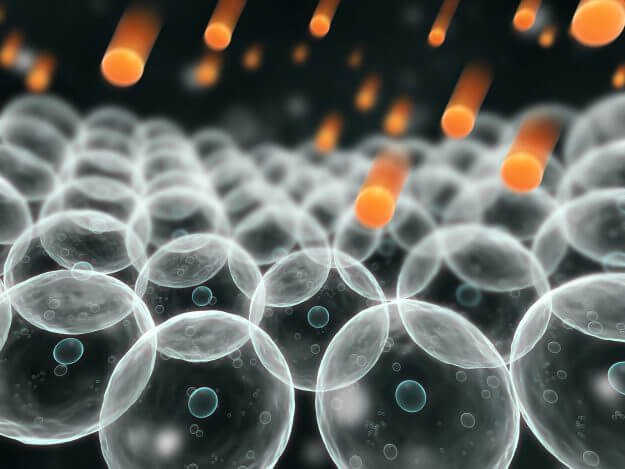
How Do They Alter The Skin?
Your skin works towards getting rid of oxidized cells and substitute them with new ones. Free radicals interfere with this process and overwhelm your skin by damaging the cells. This is what causes brown spots on the surface since some of the blood vessels are broken.
Among healthy cells, lies weak ones that have free radicals. Free radicals are known to steal electrons from surrounding molecules in your body for the oxidation process to occur. This affects structures such as lipids, proteins, your DNA, and carbohydrates. They are responsible for inflammation, dehydration and affecting the functioning of the healthy skin cells.
They are not stable since they are not entirely atomic. Free radicals roam within the cells as they try to complete themselves by taking some bits of the ordinary atom. For instance, they can take bits from a collagen fiber, thus altering its chemical structure. With time, the collagen fiber becomes dysfunctional. It also loses the quality of its elasticity.
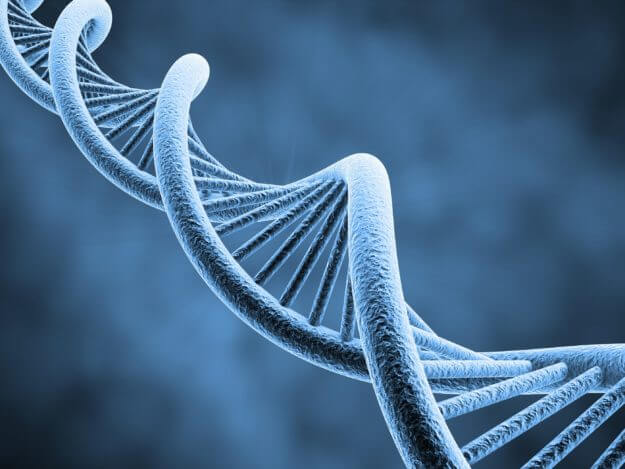
This process is what causes inflammation in your skin as they create incomplete atoms. It also makes your skin to sag, become wrinkled and rough. Your skin cannot heal fast due to damaged tissue cells. Free radicals affect cell walls and lead to the death of the affected cells since it breaks the collagen fibers. This, in turn, affects the health of your skin as the process continues to progress to other cells.
It alters your skin by decreasing the cell barrier. This changes the way molecules flow in the cell. It becomes malnourished by receiving less oxygen and nutrients. The cell cannot retain water as it should. More water is released to the atmosphere due to less cell retention ability causing dehydration.
Where Does Free Radical Damage Come From?
Studies reveal that we acquire most of the free radicals from external sources. Some of them are poor diet, alcohol and smoking, pollution, busy schedules, the sun as well as stress. Your body contains natural antioxidants which work hard to neutralize the new free radicals obtained from our surroundings. If the free radicals are too many, they overpower the antioxidants in the body and start causing skin conditions and diseases.

How Can You Tell If You Have Damage From Free Radicals?
There are clear signs to help you know the damage free radicals are causing to your body. For instance, your skin may appear dull and thickened when you use a natural aging treatment on it. Pigmentation, wrinkles, blemishes as well as fine lines are all symbols of free radicals.
If you reduce external stressors such as less exposure to the sun or stay away from air pollution, it would minimize the rate of fast aging.

You can also use skin care products that are healthy to eliminate free radicals. For instance, a product that contains vitamin A or antioxidants containing vitamin C. Some antioxidants can bond themselves to the free radicals and start oxidation replacing your skin's atoms. You can get such antioxidants from foods like tomatoes, green tea, and grapes.
[Link: How To Make Your Own Vitamin C Serum]
You can also consume anti-inflammatory meals such as argan oil, blueberries, and pomegranate. Get the natural sunscreen to reduce the effect of UV rays from the sun. You can also try a product that has no chemicals to minimize inflammation and trauma like stem cells and peptides.
Final Thoughts
To fight free radicals, you should ensure that you have sufficient antioxidants to stabilize and reverse the effect of free radicals in the body.


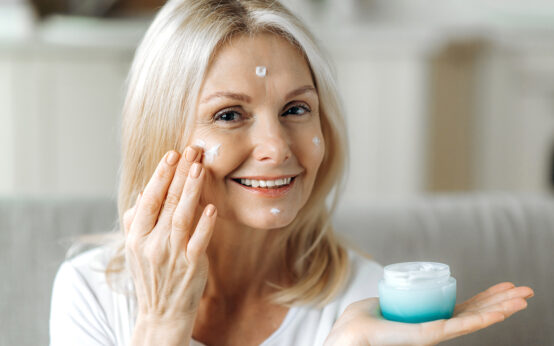 Anti Aging Cream
Anti Aging Cream 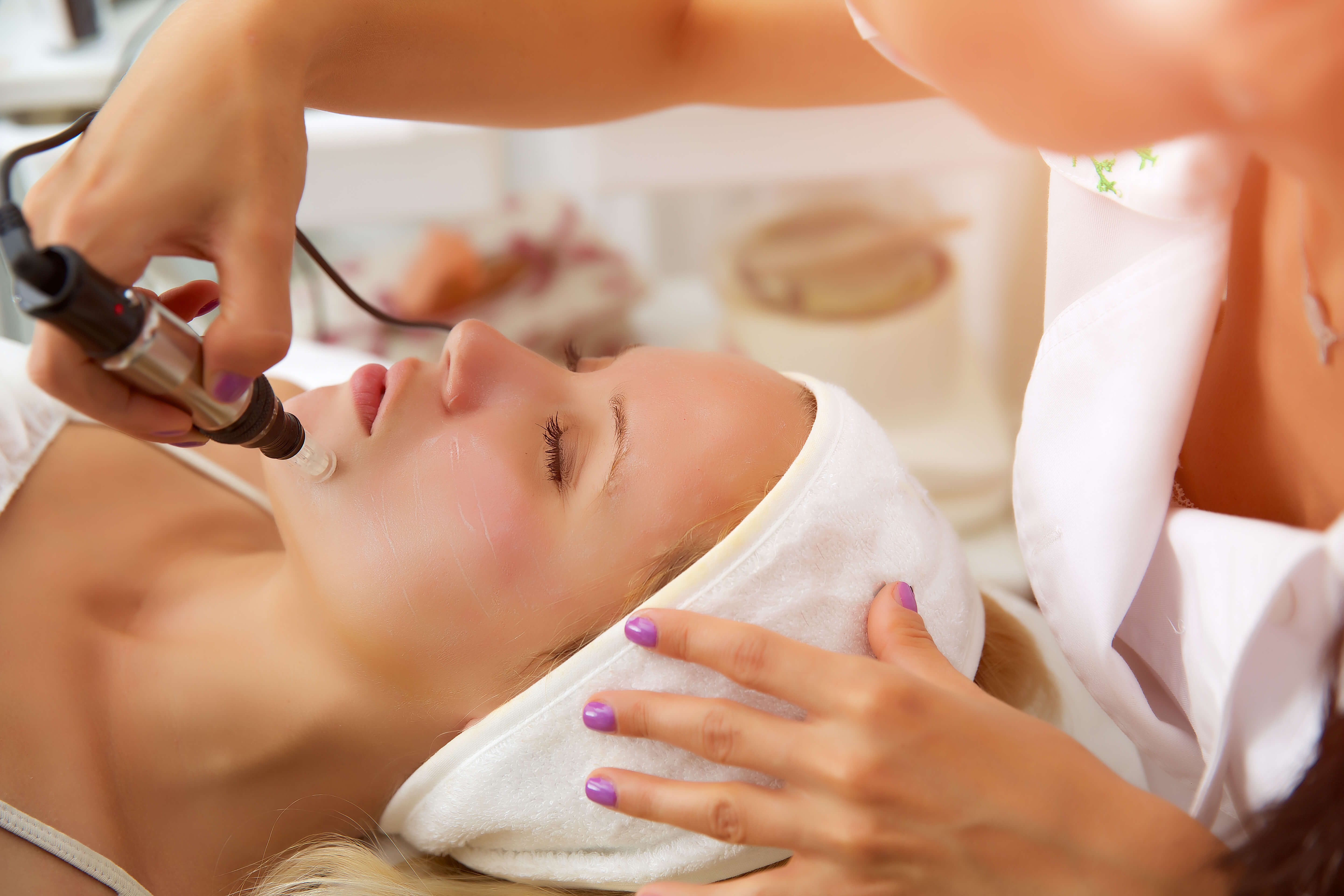 The benefits of Microneedling
The benefits of Microneedling  Cicapair Tiger Grass Cream
Cicapair Tiger Grass Cream  Skincare Tips for Summer
Skincare Tips for Summer 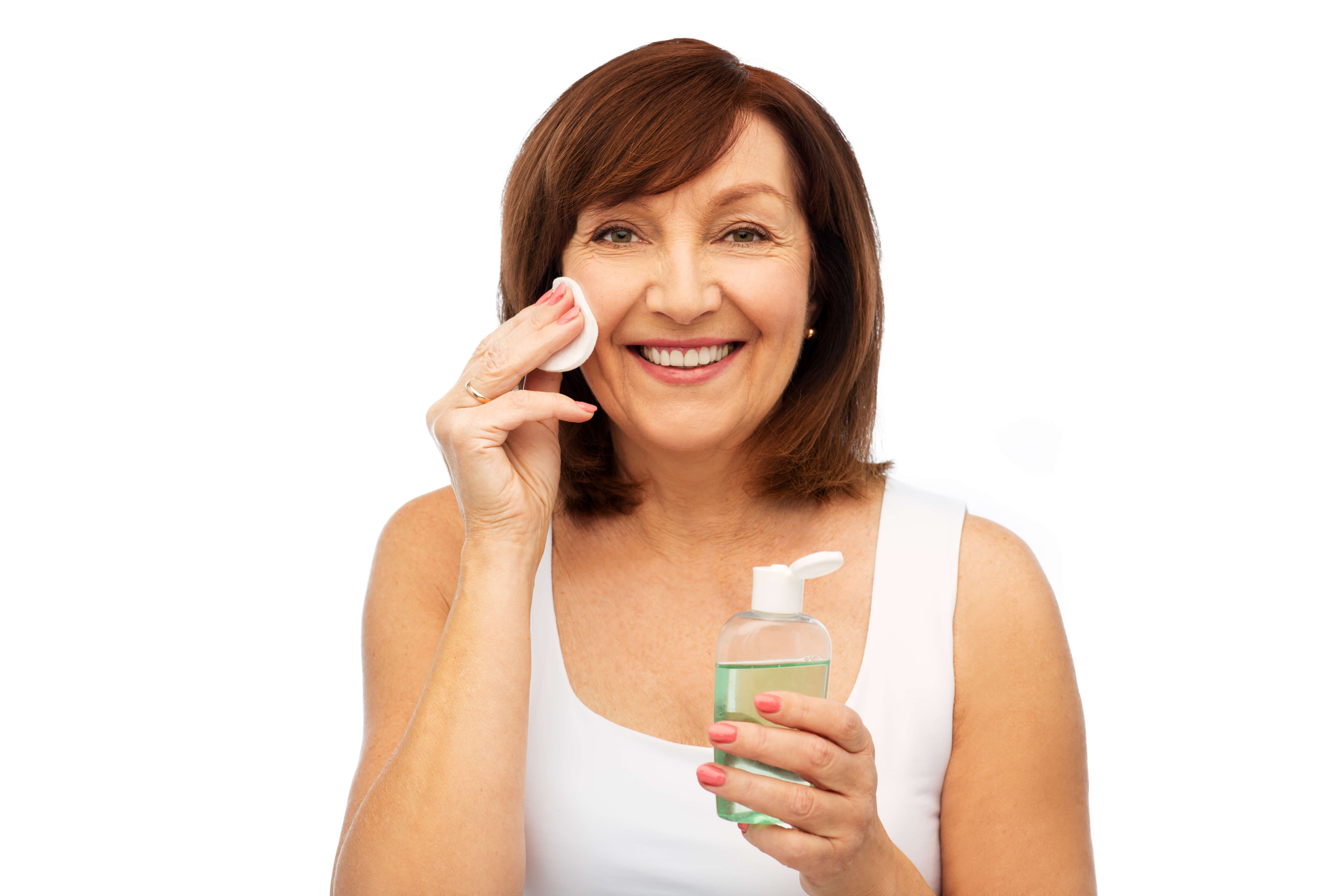 DIY Face Toners
DIY Face Toners  Homemade Anti-aging Serums and Anti-Wrinkling Creams
Homemade Anti-aging Serums and Anti-Wrinkling Creams